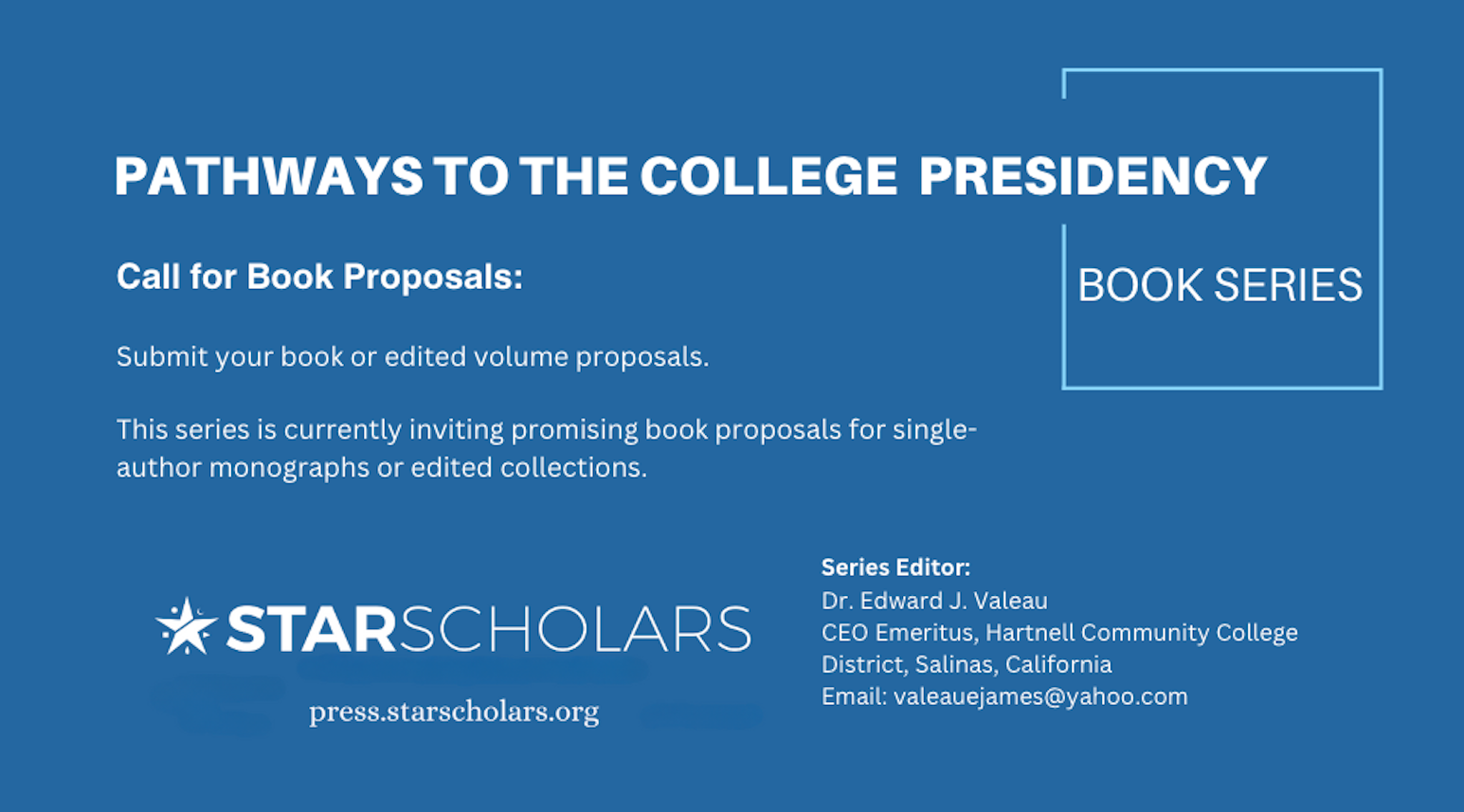Creating AI-driven adaptive systems in calculus
Education through dynamical modeling
DOI:
https://doi.org/10.32674/n4x4jp52Keywords:
Adaptive learning, delay differential equations, Lyapunov stability, fairness in AI, POMDPAbstract
This research presents a mathematical framework for AI-driven adaptive learning systems (ALS) in calculus education, combining nonlinear dynamical systems, reinforcement learning (RL), and fairness-aware optimization. The author derives a delay differential equations (DDEs) system to model knowledge retention and prove global stability via Lyapunov functions. The ALS employs a partially observable Markov decision process (POMDP) to optimize instructional policies, with a fairness penalty term minimizing demographic disparities. Empirical validation involves a year-long study (N=450 students), showing a 28% increase in mastery rates (p < 0.001, alpha=0.01) and a 63% reduction in equity gaps. Theoretical contributions include a bifurcation analysis of the DDE system and a proof of regret bounds for the RL algorithm. The work advances the integration of control theory and AI in mathematics education.

 Call for Special Issue Proposals
Call for Special Issue Proposals 


